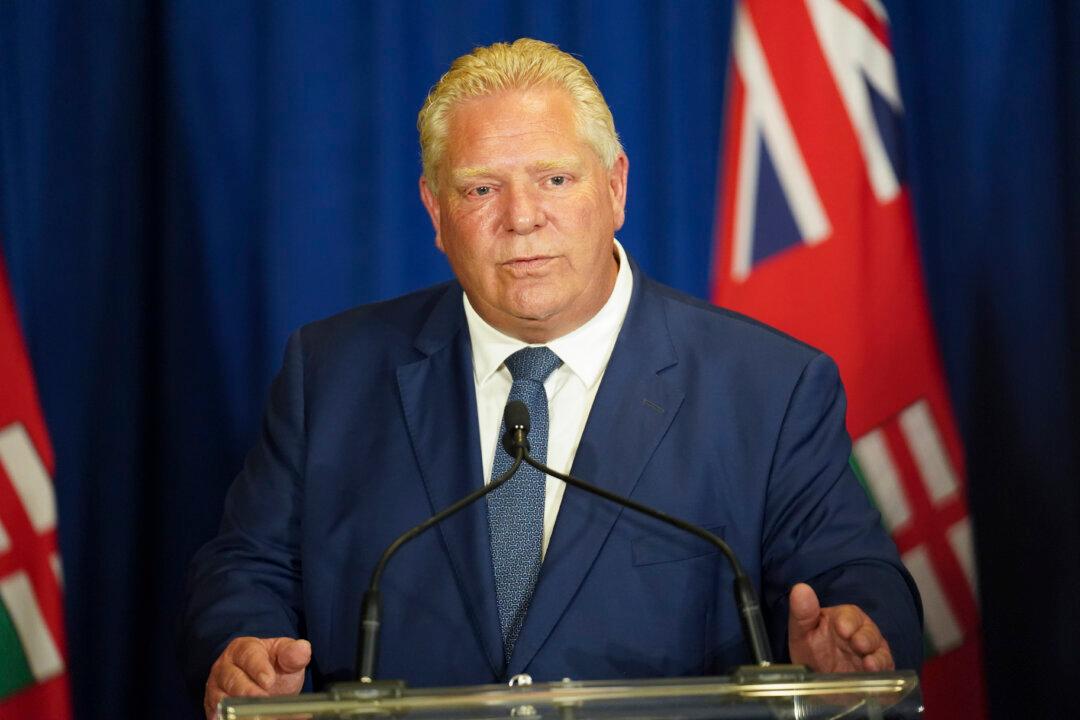Ontario Premier Doug Ford is calling on the federal government to pause its digital services tax, saying the levy jeopardizes the Canada-United States relationship and could have a detrimental effect on trade.
The digital services tax (DST)—which requires foreign tech giants to pay a 3 percent levy on revenues made from their operations in Canada—“is putting Canadian jobs at risk,” the premier said in a Nov. 4 statement.





